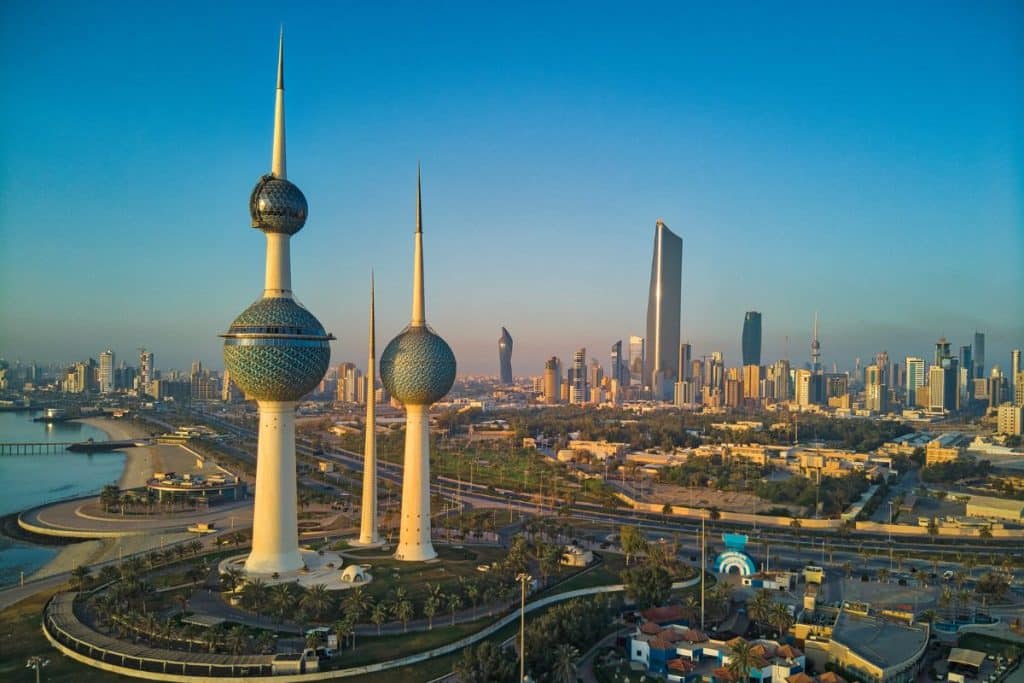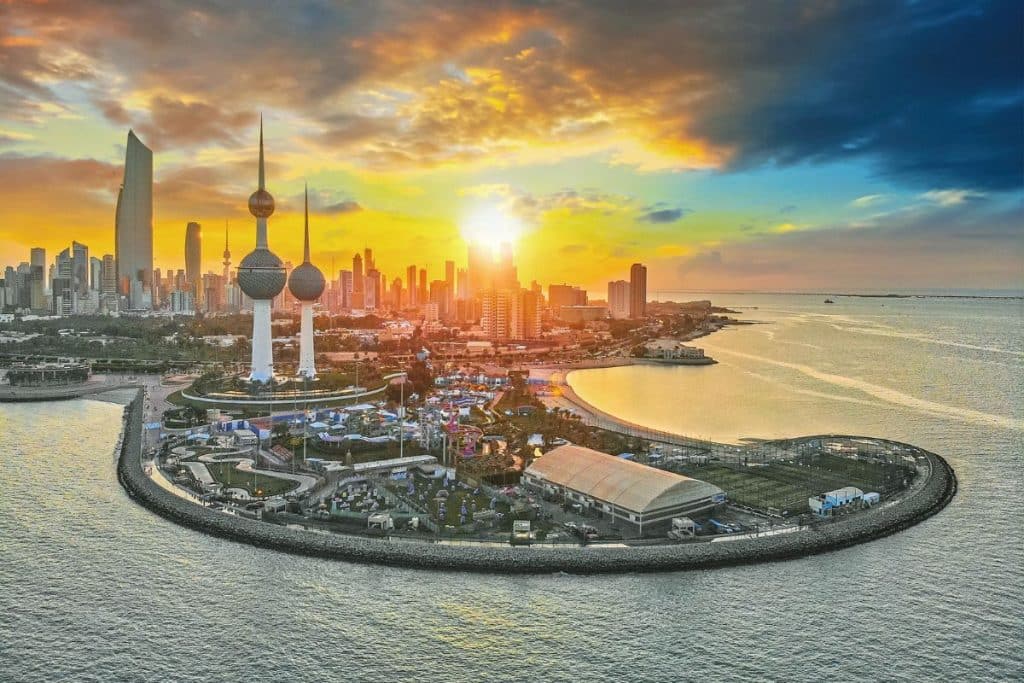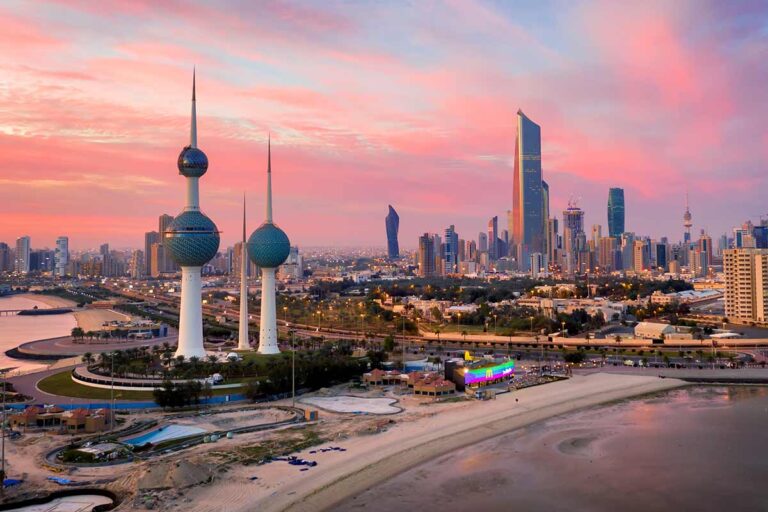Kuwait is rolling out one of its most ambitious development drives to date, with plans to attract up to KD10bn ($32.6bn) in private and foreign investment, generate annual revenues of KD1bn ($3.26bn) by 2030, and create more than 50,000 new jobs.
The government says the strategy will also reduce pressure on the state budget by around 30 per cent while strengthening long-term economic sustainability.
Kuwait megaprojects
Integrated government action — linking economic diplomacy with global partners and supported by new regulatory frameworks — is driving this transformation, which aims to boost transparency, accelerate project delivery, and diversify national income sources.
A Ministerial Committee for Monitoring Agreements with China has held 22 meetings to fast-track projects and remove obstacles.
Progress has already been made on the Mubarak Al Kabeer Port project, with the execution contract signed in March. Environmental cooperation includes afforestation programmes, ecosystem rehabilitation, and land reclamation.
Kuwait has also elevated its historic ties with Japan to a comprehensive strategic partnership, expanding cooperation across trade, investment, renewable energy, and petrochemicals.

Major power and infrastructure projects
Among the largest projects under way are the second and third phases of the Al Zour North Power Plant, designed to meet rising demand for power and water.
The project encourages private sector participation to cut costs, accelerate completion, and optimise resource use — reflecting the government’s broader push to integrate private capital into infrastructure development.
Kuwait’s 2025–26 development plan, approved in March, includes 124 projects: 69 under ministries, 21 with affiliated entities, and 34 with independent institutions, making it one of the country’s most ambitious pipelines.
Reforms to boost investment
The government has rolled out wide-ranging reforms, including:
- A new real estate brokerage system
- A smart licensing project
- Amendments to the Companies Law
- A taxation framework for multinational groups
- Launch of the Real Estate Developer System
Kuwait has also advanced the third phase of its Capital Market Development Program, a key step toward upgrading to advanced emerging market status and boosting investor confidence.

Global institutions lift outlook
The World Bank projects Kuwait’s economy will rebound to 2.2 per cent in 2025, driven by infrastructure projects, OPEC+ production adjustments, and non-oil sector growth. Growth is forecast to stabilise at 2.7 per cent between 2026–27.
S&P Global Ratings expects continued growth supported by reforms, while EFG Hermes highlighted improved decision-making and raised its forecast for banking sector expansion starting from 2026.
Leadership commitment
Prime Minister Sheikh Ahmad Abdullah Al Ahmad Al Sabah said positive economic indicators and rising foreign investment confirm the government’s determination to deliver on its development goals.
He stressed that the progress reflects the vision of the Amir Sheikh Meshal Al Ahmad Al Jaber Al Sabah, adding that the reforms and mega projects will reinforce Kuwait’s position as a regional investment hub.

